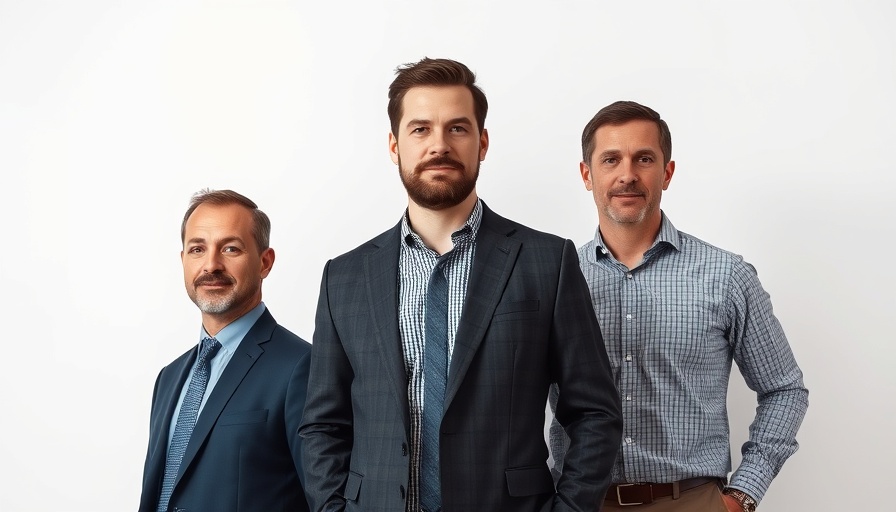
Allegations Against Jared Leto: What You Need to Know
Recently, actor and musician Jared Leto has faced serious allegations of sexual misconduct from multiple women, with some claiming they were underage at the time of the alleged incidents. These accusations come at a time when society is increasingly demanding accountability for such behavior in the entertainment industry. Leto has categorically denied all allegations, stating that they are unjust and untrue. In the wake of these revelations, discussions around Hollywood's treatment of allegations like these have become more pronounced, prompting reactions from fans, critics, and the media alike.
The Broader Context of Sexual Misconduct Allegations in Hollywood
The entertainment industry has a long history of mishandling allegations of sexual misconduct. High-profile cases, including those of Harvey Weinstein and Jeffrey Epstein, have sparked a global movement advocating for survivors to speak out. This creates a backdrop for Leto’s situation, where public trust in celebrity figures is frequently eroded. Fans must grapple with the complexities of separating the art from the artist as more allegations surface, challenging the frequently idealized narratives that surround celebrities like Leto.
Voices from the Community: Why This Matters
For many fans and community members, the revelations about Leto hit close to home. Individuals are often left to balance their admiration for an artist with the moral weight of these allegations. This emotional aspect of celebrity culture reflects larger societal trends where accountability is sought not only from individuals but also organizations that permit or cover up such behavior. As a community, conversations around accountability and support for survivors have become vital, prompting local discussions and advocacy for change across industries.
Parallel Examples: How Public Figures Handle Allegations
Cases involving public figures frequently reveal insight into the shifting landscape of accountability in media. The recent allegations against Leto are part of a larger tapestry of instances where celebrities have faced backlash for their behavior. For example, comedians like Louis C.K. faced consequences for their actions, sparking discussions about consent, power dynamics, and the importance of believing survivors. These parallel narratives underscore the ongoing evolution of public discourse about celebrity behavior and the ripple effects it has on society.
The Impact of Social Media on Allegations
In a world dominated by social media, the way allegations are received has changed dramatically. Platforms like Twitter and Instagram allow voices to be amplified easily, making it difficult for individuals facing allegations to maintain control over their narratives. The immediacy of social media means that reactions happen in real time, creating a pressure cooker environment for accused individuals and survivors alike. This is evident in Leto's situation as tweets and posts flood the internet, sparking debates on his denial statement and the validity of the claims. For many, it becomes a flashpoint for greater conversations about accountability, trust, and the responsibilities of the public.
Future Predictions: Trends in Celebrity Accountability
As more allegations surface, the future may hold significant changes for how claims are handled in Hollywood and beyond. Advocates for survivors are urging for stricter policies and greater transparency. This could lead to more robust protections for individuals who come forward with allegations. Developers of streaming platforms and film studios may be pressured to rethink their hiring practices and contract considerations, ensuring that they do not support individuals facing serious accusations. These anticipated changes may reshape the landscape of celebrity culture, fostering a safer environment for both artists and audiences.
Taking Action: A Call for Community Support
In light of these allegations, it’s essential for communities to support survivors by fostering open conversations around consent and accountability. Consider joining local advocacy groups focused on creating safer entertainment environments. Support ongoing discussions about the treatment of survivors and encourage visibility for initiatives aimed at changing industry standards. By engaging in community dialogue, you contribute to culture shifts that promote justice and support, offering a vital lifeline for those affected by misconduct.
In closing, as the entertainment industry grapples with allegations involving prominent figures like Jared Leto, it's crucial for fans and communities to remain vigilant and supportive. Engaging with these discussions on sexuality, accountability, and celebrity culture can pave the way for a healthier dialogue in our society.
 Add Row
Add Row  Add
Add 




Write A Comment